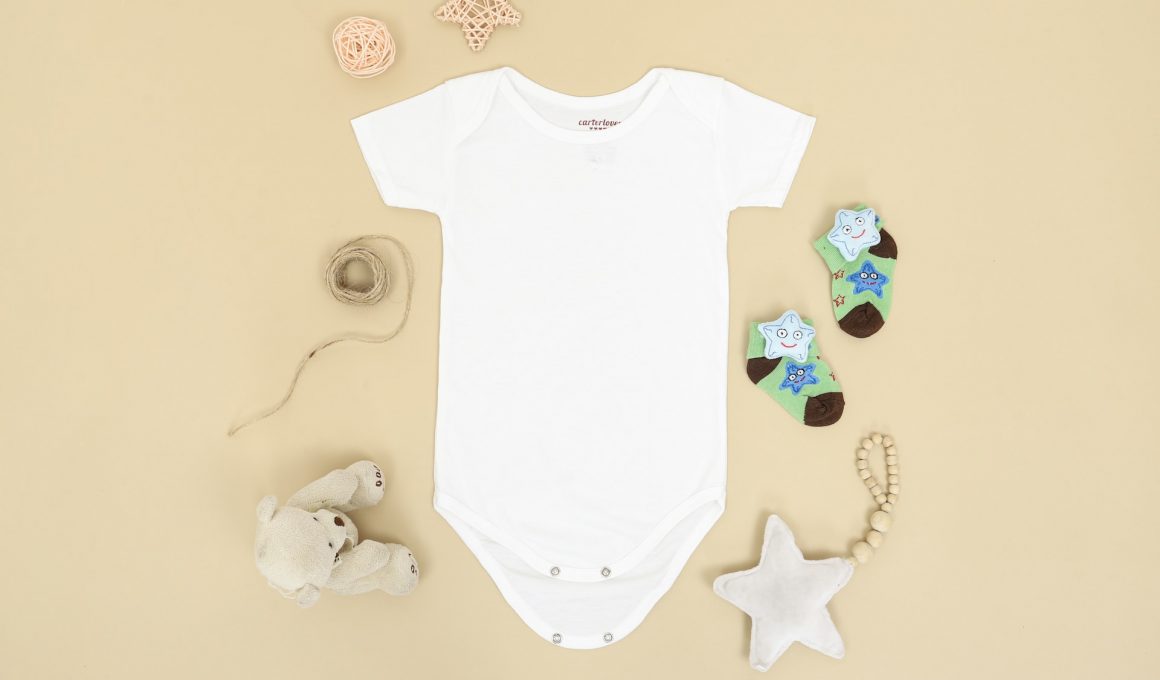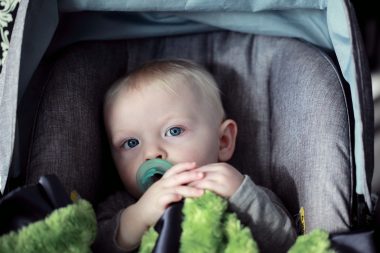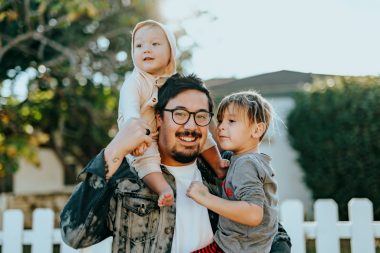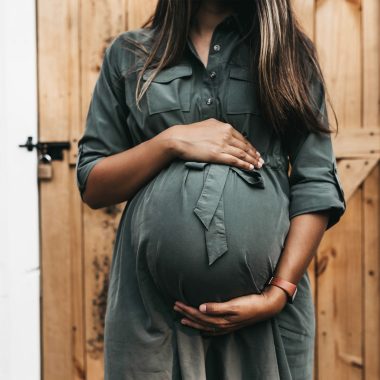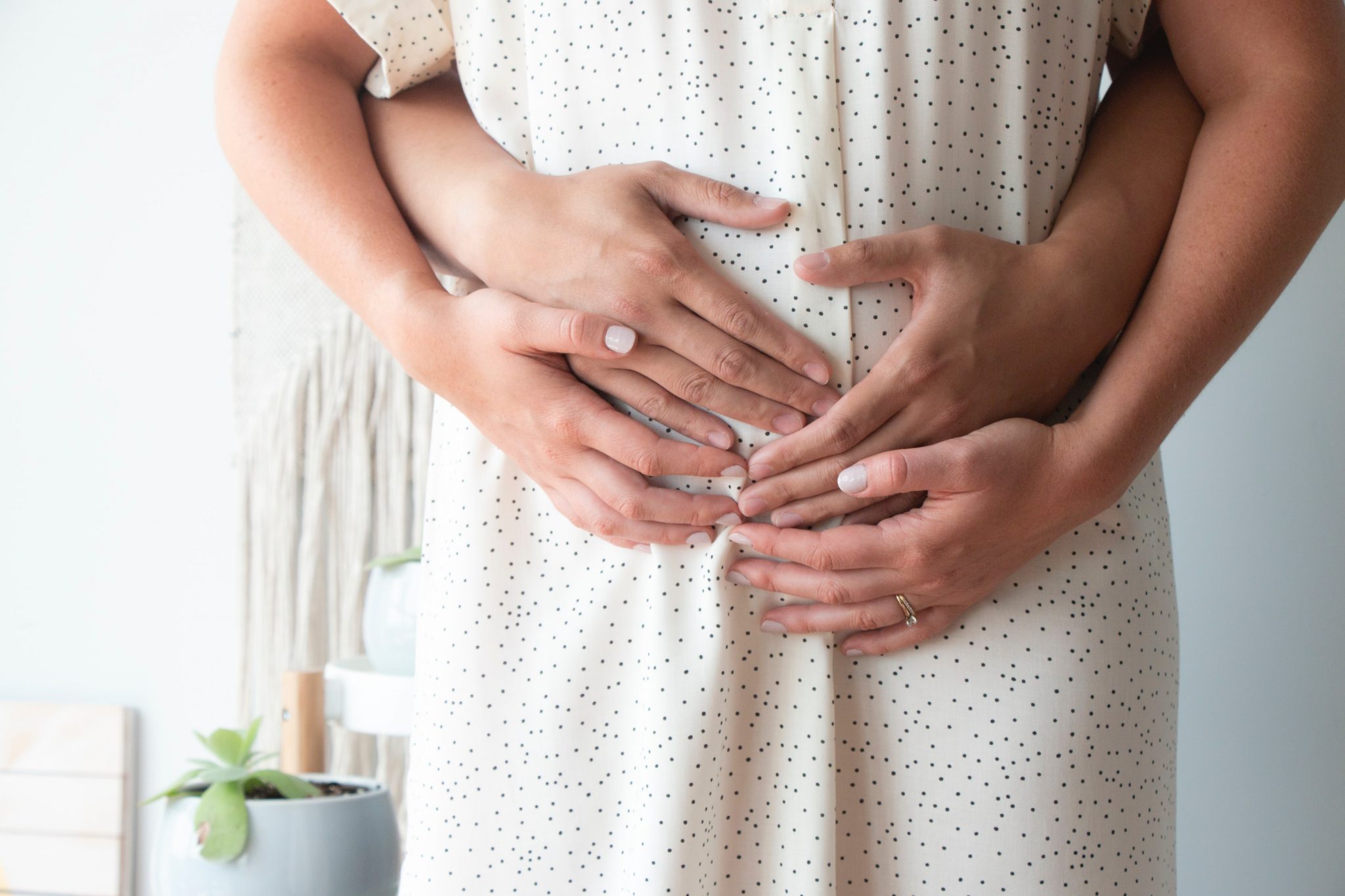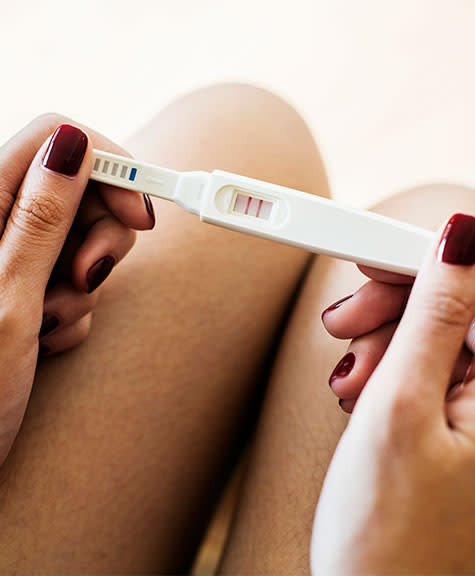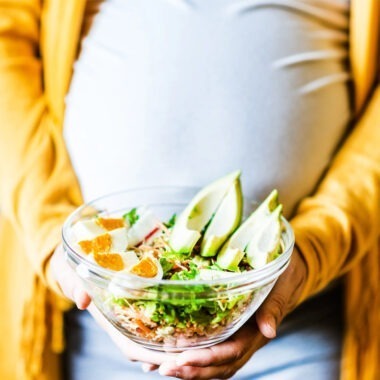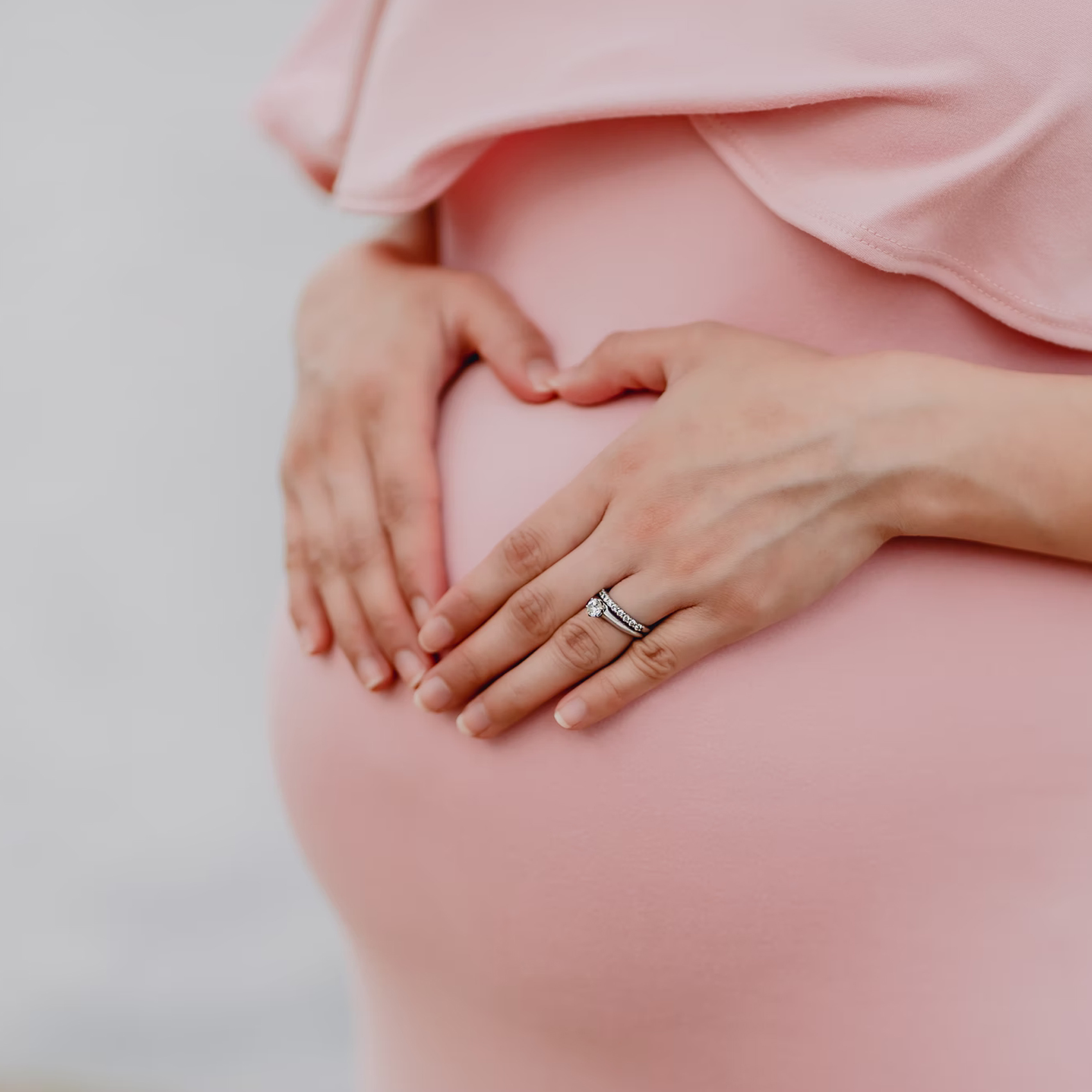As your due date approaches and you eagerly anticipate your baby’s arrival, there’s a lot to do to prepare for your newborn and the new chapter in your life. Among the many tasks on your list, shopping plays a significant role in getting ready for your little one.
We understand that gathering all the essentials for your newborn can feel overwhelming. That’s why we’re here to lend a helping hand when shopping for the right items for your baby. With our assistance, you can cross off one task from your to-do list and alleviate some of the rush.
In this article, you will find some frequently asked questions and their answers about shopping for your baby. We hope this part will help you sort through the chaos and realign your priorities when shopping for baby essentials.
Next comes the ultimate newborn checklist. This list will guide you to discover what you might need during the first months after birth.
Being prepared with the aid of the items in our list will help you get through the first days and weeks without needing any last-minute runs to the store. Of course, you can expand on the list based on your budget, lifestyle, and personal choices. We’re just here to give you the basics!
When should I start shopping for my unborn baby?
Many expecting parents prefer to wait for shopping until they find out the gender of their baby. This generally happens between 18 and 21 weeks, but some people find out as early as 12 weeks.
To be fair, there isn’t an exact date to begin shopping. The preferred timing is all up to you.
But we can guide you through some important points:
- Do not start shopping as soon as you learn about your pregnancy.
- Knowing what to buy is a key factor. Don’t go shopping before making a list.
- You can do some last-minute shopping for sure, but only if you can handle it. Last-minute shopping can be a source of significant stress.
- You can begin creating a checklist in the first trimester.
- You can begin shopping around week 18. This is around when you will have learnt the gender of your baby.
ALSO READ: 10 Common Pregnancy Discomforts and How to Manage Them
Things to consider before you shop for your baby
Before you waltz off to the stores or start adding items to your cart, there are a few things you should take into consideration.
Budget
Create a budget for baby stuff. This is the most important part. It’s no secret that baby shopping is expensive.
By creating a budget, you’ll have a better idea of what you can realistically spend on. Remember that contrary to what some companies would have you believe, babies don’t need fancy cribs, designer clothes, or state-of-the-art bouncers. Creating a budget for your baby shopping helps you prioritize what your baby actually needs. Besides, babies grow really fast and before you know it, they will have outgrown the dozens of cute onesies and tiny clothes you’ve purchased.
Space
The space you have at home should be a key consideration when shopping for your baby. Keep this in mind when adding items and gear to your baby registry. If you’re tight on space, consider a mini-crib and other smart nursery solutions to help you design a functional nursery.
Baby shower
If you are having a baby shower, try to go easy on baby shopping until after the shower. Depending on how many people attend your baby shower, you can end up getting most of what you need from friends and family members.
A baby registry might be very useful as it removes the guesswork and allows friends and family to start shopping for baby items you actually want and need.
ALSO READ: Surviving Postpartum: How To Manage Pregnancy Complications
Gender of the baby
Many expecting parents prefer to wait on baby shopping until after finding out the gender of their baby. This generally happens between 18 and 21 weeks, but some people find out as early as 12 weeks.
Of course, you don’t need to know the gender of your baby to start shopping for them. Whether you’re keeping the baby’s gender a surprise or can’t wait to start shopping for your baby, you can always stock up on unisex baby clothes. This choice is completely up to you.
Pregnancy month
Usually, parents wait until after the first trimester before going on shopping. In the second trimester, your pregnancy symptoms might ease up, and you might feel a bit more like your old self. You will also feel more energetic, and hence, the stress of shopping will not take over as strongly as it might during the first trimester.
The season when your baby will be born
When buying baby clothes, the season and the geographical climate you are in are important factors to consider. Buy season-appropriate clothing.
If you are shopping in January, you might want to consider choosing something suitable for spring as you would only get 2-3 months out of winter clothes. Also, consider your geographic location – what one might wear in Southern California would be different from New York.
If you are shopping online, read through product descriptions carefully to get an idea about how light or heavy the fabric is.
Safety
Safety is essential when buying baby items. Millions of baby items are recalled yearly because of failure to meet safety standards.
Do not buy baby clothing with decorations such as bows, buttons, flowers, and hooks because they could come off and be a cause for choking hazards.
ALSO READ: Beat The Summer Heat During Pregnancy
Fabric
There are many types of fabrics available with different levels of softness and weight. Choose a fabric that would be gentle on your baby’s sensitive skin. Some of the most common fabrics are mixed cotton, organic cotton, and bamboo fabric.
Keep in mind that baby clothes made from materials like nylon and polyester may cause skin sensitivity and discomfort because of their inability to take up moisture and regulate your baby’s body temperature. Try and steer clear of those.
Style and functionality
Clothes that are easy to change can keep your baby happy and prevent blowouts. So when buying baby clothes, functionality is an important factor to bear in mind.
Newborns spend most of their day sleeping, so pick out something comfortable, like onesies, sleep sacks, baby footies, or a gown.
Drying baby clothes
The way you dry your baby’s clothes affects your shopping choices. If you are to dry your baby’s items in a tumble dryer, you should choose items that fit tumble drying.
What does a baby need to wear soon after birth?
In most hospitals, the preference is to dress babies in simple attire. This usually involves either just a diaper with a flannel blanket for swaddling or a comfortable bodysuit or basic gown.
When you leave the hospital, you might need the following newborn clothing:
- Bodysuits
- One-pieces/onesies
- T-shirts
- Long pants
- Gowns
- Sleepers
- Socks or booties
- Cardigans or jackets
- Cotton hats
ALSO READ: 5 Simple Morning Sickness Remedies
Does my baby need newborn sizes?
Baby sizing starts with “newborn,” then 0-3 months, 6-9 months, and so on. Newborn clothes are generally designed for babies between 5-8 pounds.
Most families think that they will need some newborn basics on hand, but in fact, they need clothes this size less than they think. Newborn babies grow rapidly; newborn clothes are generally only useful for the first four weeks of life.
So do pick out a few newborn items but then focus on the 0-3 months period.
Can newborns wear 0-3 month sizes right away?
0-3 month sizes fit babies up to 12 or 13 pounds.
So if that works best for your family, of course, your newborn can wear 0-3 month sizes right away. This size might be a little large for your baby. But over the course of the first 4 weeks, your baby will grow into them.
Keep in mind that dressing a newborn baby is more about common sense rather than fashion choices.
How much 0-3 month size clothing does my baby need?
Baby clothes labeled as 0 to 3 months typically fit babies weighing 8 to 13 pounds and ranging from 17-23 inches in length. The sizes might vary slightly from one manufacturer to the next, so it is important to check the clothing label or product description for specific measurements.
The 0-3 month period is one where babies grow and develop rapidly. So, again, you need not purchase too many clothes. Before starting to shop, you should take the following points into consideration:
- What is your baby’s estimated birth weight?
- How often will you do baby laundry?
- Are you planning to use a bib? (A bib creates protection between mouth and clothing. This reduces the number of dirty baby clothing.)
A general idea of how much clothing you need to shop for can be found below. Bear in mind that these numbers are simply general guidelines and should not be taken as a rule. The final decision is yours to make.
- 6-8 sleeveless or short-sleeve bodysuits or vests
- 6-8 long-sleeve bodysuits (due to season)
- 6-8 rompers
- 6-8 pants
- 6-8 tops
- 6-8 sleepsuits
- 6-8 bibs
- 6-8 socks
- 2-3 cardigans or jackets
- 2-3 cotton hats
- 2-3 pairs of booties
ALSO READ: 10 Best Pregnancy Foods For High Intelligence Babies
The ultimate baby checklist: Essential products for the first 3 months
Baby items are insanely adorable, and you can easily blow your budget on sweet little things you don’t need and probably won’t even use. Curb the urge to impulse shop by making a list.
Clothing
Simple, plain, budget-friendly clothing is fine. It is best not to buy too many clothing items since your baby will outgrow them rapidly.
What you need
- 6-8 onesies
- 6-8 shirts
- 6-8 pants
- 6-8 one-piece pajamas
- 1-3 cardigans or jackets
- 6-8 socks or
- 2-3 pairs of booties
- 2-3 hats
- 2-3 swaddles
- 1 snowsuit for winter babies
- Lightweight and heavy stroller blankets
Baby diaper products
Diapers are a baby must-have. A newborn baby uses 8-10 diapers a day. Every baby is different, and days can vary, but you can plan for about 70 diapers per week.
Check out this list of baby necessities for diapering:
- 1 to 2 boxes of newborn-size diapers (based on a 128-pack size; with an average of 8 diaper changes per day)
- 4 to 5 boxes of size 1 (based on a 168 pack size; babies will typically be in this size for three months, with 6-9 diaper changes per day)
- 6-10 dozen cloth diapers and 6-8 diaper covers (if you prefer to use them)
- 2-3 large boxes of unscented baby wipes
- Diaper cream
- Diaper changing mat
- Diaper trash can
- Diaper bag
ALSO READ: Early Signs of Pregnancy To Look Out For
Baby bath essentials
Bathtime can be real fun for you and your baby. But it is very important to be prepared with all the right gear.
What you might need for bathtime:
- Baby bathtub
- Baby shampoo and body wash
- 2-4 hooded baby towels
- Soft washcloths
- Baby lotion (optional)
Baby health essentials
Your baby’s immune system needs time to develop. So you need to have the right health essentials on hand.
Here’s what to buy:
- Baby thermometer
- First aid kit
- A baby nasal aspirator
- A cool mist humidifier
Grooming items
Grooming items constitute an important part of baby shopping. Initially, you might think you need many grooming items. This is an issue that many new parents face. With time and experience, you will learn that you only need a few items to care for your baby’s grooming needs.
What you will need for baby grooming:
- Nail clippers
- Baby lotion or oil
- Baby shampoo
- Baby bath bubble
- Rash cream
ALSO READ: 7 Ways To Deal With The Two Week Wait Period
Nursery basics
A baby’s room calls for adorable decor. But remember that you must focus on what makes baby care easier and safer.
The American Academy of Pediatrics recommends that your baby sleep in the same room with you for the first 6-12 months. In addition, bumpers, blankets, pillows, and soft toys are not recommended in the baby crib.
What you might need for the nursery:
- Crib, cradle, bassinet, co-sleeper, or other safe sleep space for baby.
- Crib mattress, or a mattress that fits properly in the cradle or bassinet
- 3-4 fitted sheets for crib, cradle, bassinet, or co-sleeper
- 1 waterproof crib mattress cover or a waterproof pad to lay under the crib sheet
- Baby monitor
- Diaper changing table or a dresser with changing pad
- Rocking chair
- Night lamp
Feeding essentials
If you are breastfeeding, you might need to focus on self-care products for yourself such as nipple creams and nursing bras. However, if you plan on formula feeding, you should discuss formula brands and types with your doctor.
Regardless, you will need a lot of burp cloths when feeding your baby.
Here’s what you might need for feeding:
- 10 burp cloths
- 6-8 bibs
- 5-8 bottles
- A bottle brush
- Breast pump (if you plan to breastfeed)
- Milk storage bags (if you plan to breastfeed)
- Nursing pads (if you plan to breastfeed)
- Nipple cream (if you plan to breastfeed)
- Baby feeding pillow (optional)
- Bottle sterilizer (optional)
- Bottle warmer (optional)
Baby gear essentials
You’ll need to have some key baby gear ready for taking your baby out. Before your baby begins to crawl or walk, they must go out to see and experience the world around them.
Here are the baby must-haves to have on hand:
- Infant car seat or convertible car seat
- Stroller
- Baby carrier (optional)
- Baby swing or bouncer (optional)
- Play mat (optional)
References: todaysparent.com, whattoexpect.com, healthychildren.org, webmd.com, verywellfamily.com


